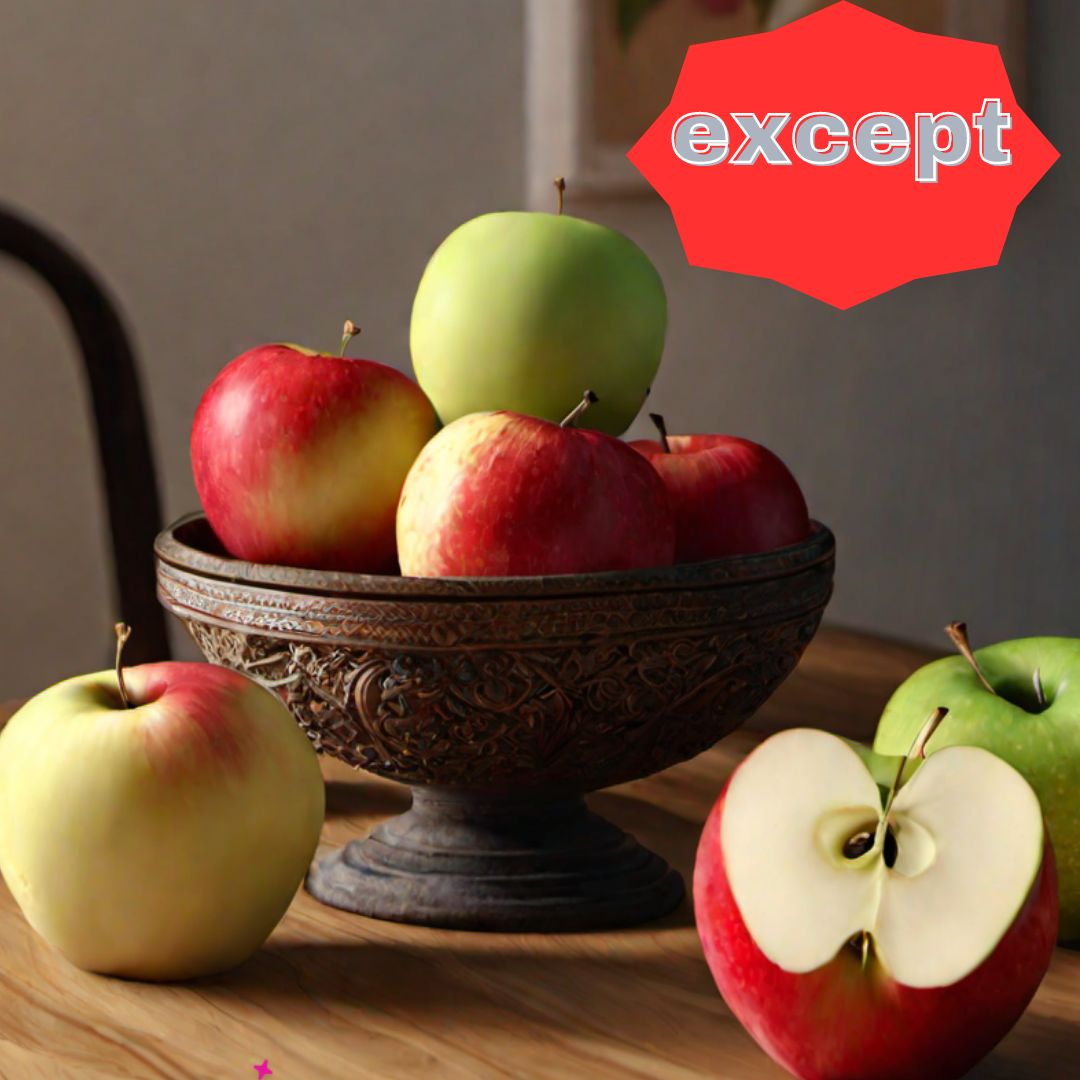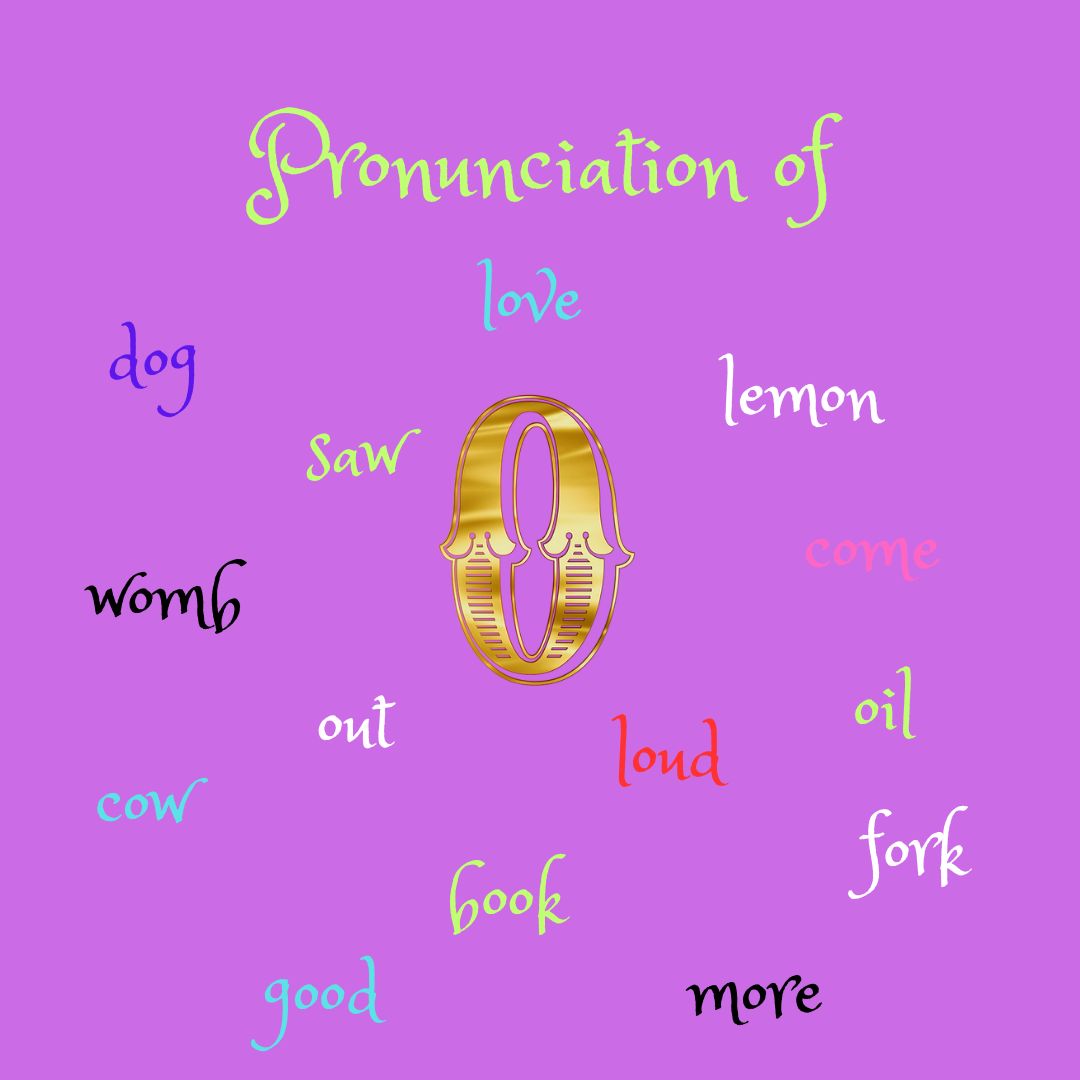Tag: not

Preposition – “Except”
Preposition except with the idea of not including: The preposition except is used to indicate exclusion or to specify that something is not included, other than, or apart from a particular thing or group. Here are some examples: I like all fruits except bananas. In this sentence, except indicates that the person likes all fruits except for bananas.

Pronunciation of the letter “o”
The English language has a variety of spelling patterns for the letter o that can produce different sounds. Here are some common spelling patterns with examples and their transcriptions using the International Phonetic Alphabet (IPA):

The Infinitive-Non-Finite form of the Verb
The infinitive is a verb form that typically uses the word to before the base form of the verb. For example: to run, to walk, to eat, etc. The infinitive form is often used as a noun, an adjective, or an adverb in a sentence.

The Future Perfect tense
We use the Future Perfect to talk about an action that will be completed by a certain point in the future. Example: By the time you come back, I will have finished the report.

The Past Perfect tense
In the Past perfect tense, the auxiliary verb had is used with the past participle form of the verb to indicate that the action was completed before a past action or time.